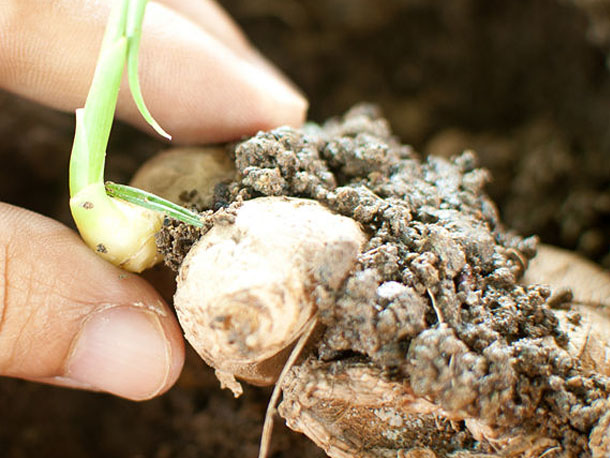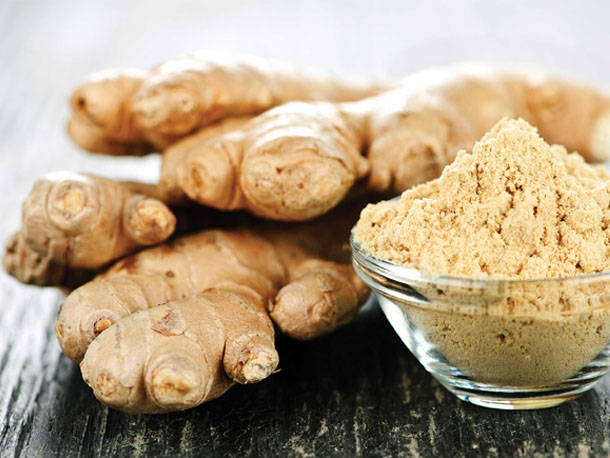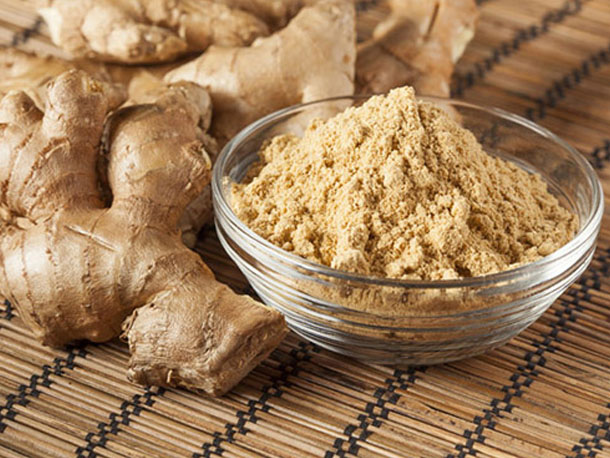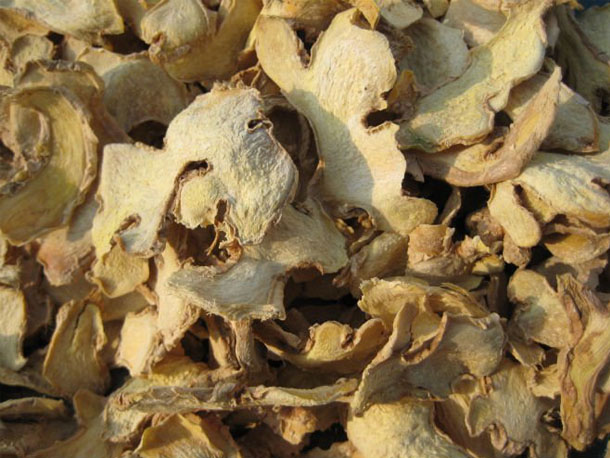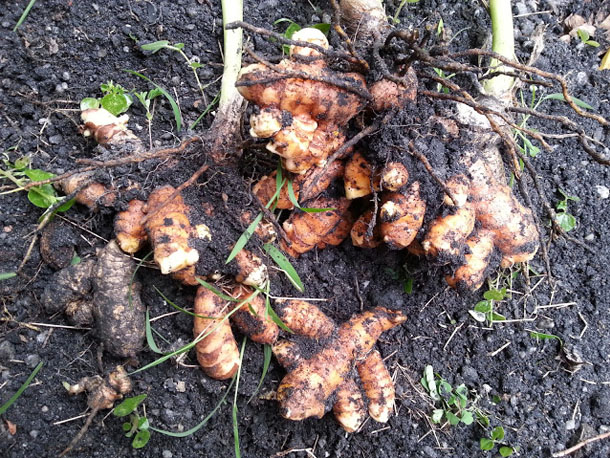Ginger market looks set for mostly firm trend this year
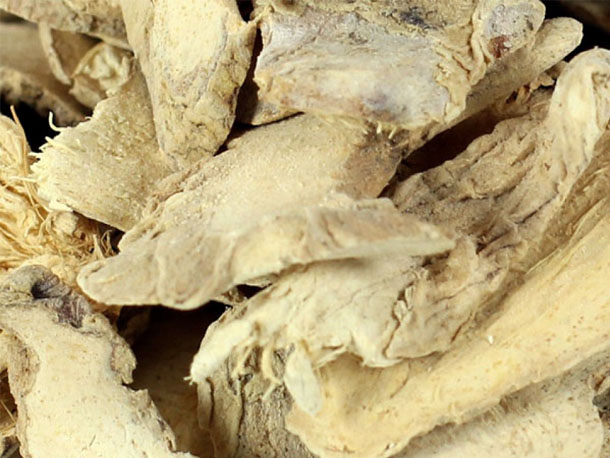
International dried ginger prices are expected to hold on the firm side over the coming weeks even with a number of new crop arrivals under way.
In general terms it seems that global availability should be sufficient, despite more recent reports indicating that Nigeria’s latest crop has not been as favourable as originally anticipated.
Sources in India confirmed that the new crop coming through now looks good but noted that strong internal demand for fresh ginger means that prices on the dried material are holding on the high side.
Meanwhile, as yet there has been no updated information on China’s crop and hence the country’s likely availability of dried ginger for 2015.
In terms of Nigeria, one Rotterdam trader told that wet weather in January had disrupted some of the drying of fresh ginger. The combination of this and delayed elections in the country had hampered collections and the flow of new crop material, he said.
Robert Brandler of Tillbrook Products gave a slightly different view, stating that during his two separate trips to Nigerian growing areas in January he had not seen or been told of any major issues with rainfall impacting the drying process. However, he added: “Definitely the situation is tight, probably because there is a smaller harvest.”
Brandler explained that a lot of Nigerian farmers have been looking to bring their new crop fresh ginger to the market ahead of the election, because they were anticipating unrest and possible violent clashes to arise at the time of the election itself. “The ginger producing area is in a place where there is Christian and Muslim tension,” he noted.
Meanwhile, the actual election has been delayed for various reasons of political instability.
Brandler observed: “I would not think there are many people holding big stocks of ginger so in a nutshell it’s not such a great harvest, and because of Indian demand the market is firm.”
Alexandre Bléneau of French trader Touton said there have been delays on deliveries to ports in Nigeria.
The Rotterdam trader added that consumption of dried ginger has been increasing in the last few years and this includes an upturn in Indian purchasing of Nigerian product both for domestic purposes and for extraction use.
“The demand growth is outpacing the supply growth,” he observed.
Strength in Indian prices
One Indian trader told “The (Indian) crop is good but the demand for fresh ginger is very strong so that is the reason the price is not coming down. There is nothing wrong with the crop but the demands have moved up.”
Hence, the available volumes for conversion into dried ginger are less and this is helping to keep prices on the dehydrated material on the firm side. The use of fresh ginger is rising every year, he said.
“Indian importers buy from Nigeria every year. This is mostly for re-export as ground or as oil/oleoresin. For domestic consumption they bought a lot last year. I am not sure about this year,” the Indian trader added.
He noted that over the last week prices had unexpectedly increased by USD600/tonne.
The trader explained that Indian whole sliced dried ginger was being offered in a range of USD3,700-4,000/tonne fob Cochin, depending on the quality.
“A lot of people took export contract sales during the news of the good crop. These guys have been in the market for the last three weeks, buying what they have contracted. This is one of the reasons why the market has bumped up 10-15%,” he said.
Brandler viewed current demand in Europe as no more than steady but Asian off-take as being somewhat keener.
The Rotterdam trader explained that he had seen Nigerian split dried ginger gain in price by an average of USD300 since the start of this year and indicated recent offers as being around USD2,600 per tonne c&f main European ports.
Blair Coutts of UK trader Blair Impex said his contact in Lagos was reporting that material was becoming more scarce and listed a price of USD2,500/tonne c&f main European ports.
Brandler said USD2,700-2,800/tonne c&f Rotterdam is the current range on Nigerian split dried ginger and he expects prices to continue rising in 2015.
The Indian trader said that on a global scale there is no reason to expect any major supply issues on dried ginger this year. However, farmers worldwide will resist selling at lower prices, he suggested. “They have no reason to discount the market and the buyers will have to keep paying up these prices because this currently the time that the ginger market has good supply from Nigeria and India and the price has not come down the way people expected it to,” the trader remarked.
Moreover, predictions that dried ginger prices will ease in the third or fourth quarter of this year are likely to be unrealised. “Why should it be lower then? There is no big fresh supply coming in at that time,” the trader concluded.

